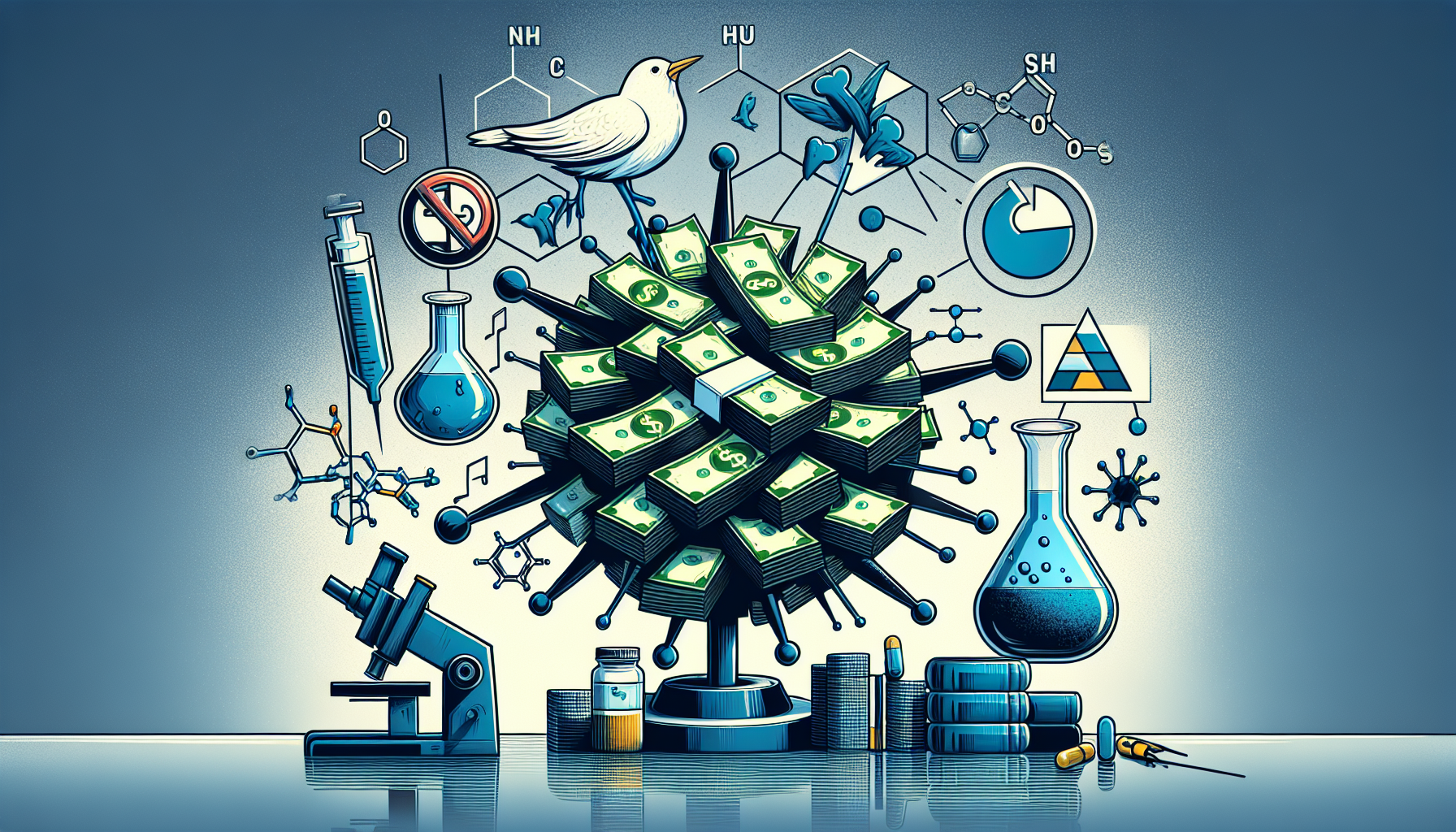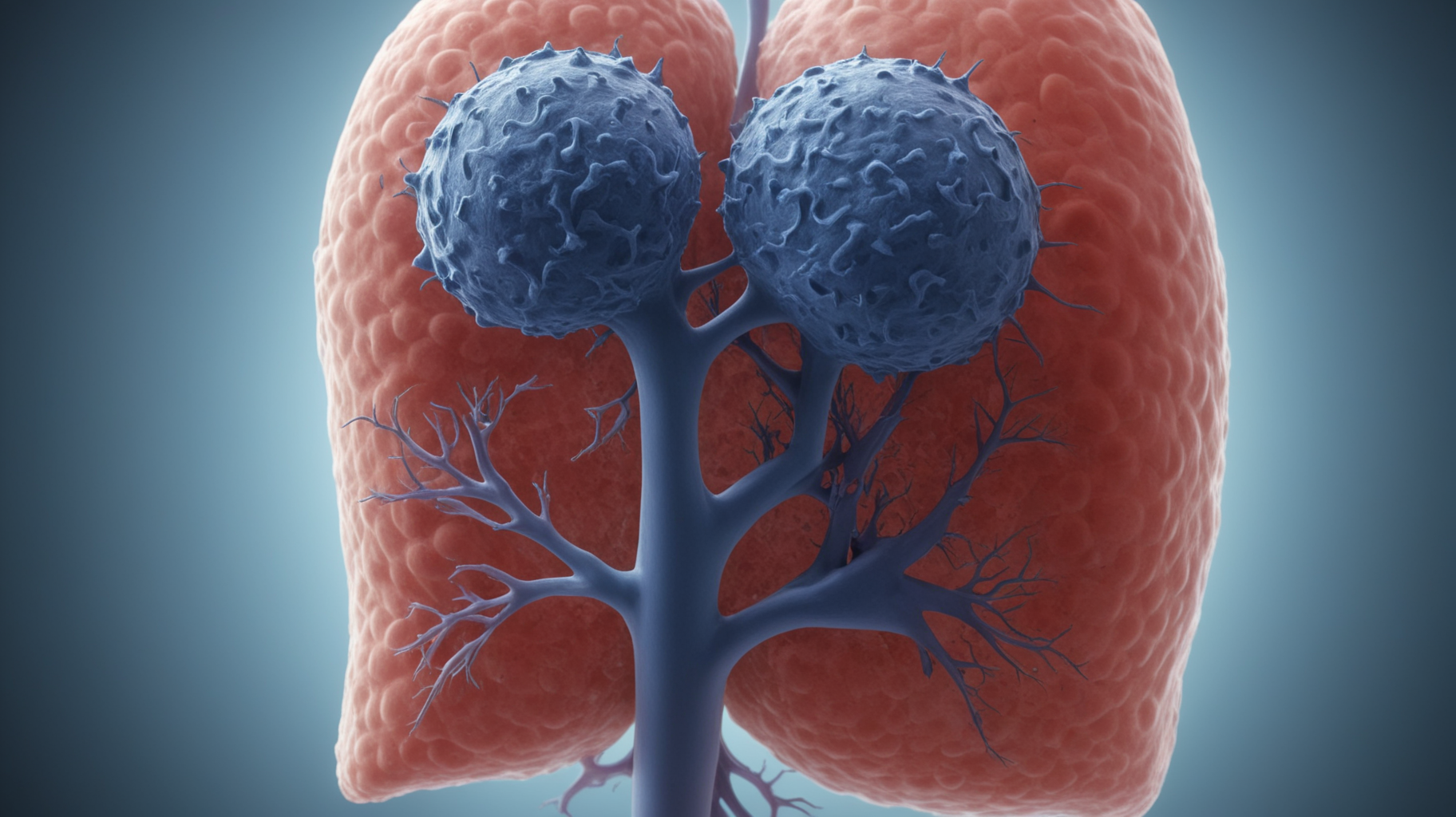Breakthrough Antibody Research Offers Hope Against All COVID-19 Variants
Key Takeaways
- Researchers developed a monoclonal antibody targeting multiple COVID-19 strains.
- The antibody, 1301B7, shows promise against both current and future variants.
- Scientists aim to combine antibodies and adapt them into preventive vaccines.
Did You Know?
Introduction to SARS-CoV-2 and Antibodies
SARS-CoV-2, the virus responsible for COVID-19, has continuously evolved, making it challenging for scientists to develop long-lasting vaccines and treatments. Antibodies are crucial components of our immune system, designed to identify and neutralize foreign invaders, such as viruses and bacteria.
Monoclonal antibodies are lab-engineered molecules that mimic our body's natural immune response. Recently, a team of researchers from Texas Biomed, the University of Alabama at Birmingham (UAB), and Columbia University has made significant progress in developing a monoclonal antibody that can target multiple SARS-CoV-2 variants.
Importance of a Universal Antibody
Most COVID-19 treatments have shown effectiveness against specific virus strains. However, the continuous mutation of the virus poses a challenge, rendering some treatments less effective or obsolete. A universal antibody could potentially provide a long-term solution, effectively neutralizing current and future variants.
The new monoclonal antibody, named 1301B7, shows promise in targeting the virus's spike protein, which is essential for the virus to enter human cells. By binding to multiple points within the receptor binding domain, this antibody can adapt to variations in the virus, maintaining its effectiveness.
Research Findings
The study conducted by the consortium revealed that the 1301B7 antibody successfully neutralized several SARS-CoV-2 variants, including the original strain and newly emerged variants such as Omicron. These findings provide hope that this antibody could be integrated into an antibody cocktail to enhance its abilities further.
The study's participants included patients infected with different strains, providing a comprehensive analysis of the antibody's effectiveness. The researchers plan to combine this antibody with other therapeutic antibodies to develop a robust treatment regimen targeting multiple regions of the virus simultaneously.
Future Directions
The goal is to create a therapy similar to those developed for other infectious diseases, such as Ebola and HIV, where a combination of antibodies targets different parts of the virus. This approach aims to prevent the virus from mutating to escape treatment effectively.
Additionally, scientists are exploring the potential of adapting these antibodies into preventive vaccines. Such vaccines could induce the body to produce antibodies similar to 1301B7, reducing the need for frequent updates and boosting long-term immunity against new strains.
The Path to Commercialization
To bring this groundbreaking antibody to the public, the consortium has filed a provisional invention patent for 1301B7 and is in the process of licensing it for commercialization. This step is crucial for making the treatment accessible to those in need.
Funding for this innovative research was largely provided by the National Institutes of Health, emphasizing the importance of continued investment in scientific research to combat global health challenges.
Conclusion
The development of the 1301B7 monoclonal antibody marks a significant milestone in the fight against COVID-19. As research progresses, the hope is to create a universal treatment that can effectively neutralize all SARS-CoV-2 variants, providing long-lasting protection and moving us closer to ending the pandemic.
About Texas Biomed
Texas Biomed is a nonprofit research institute dedicated to discovering new diagnostics, therapies, and vaccines for infectious diseases. Their collaborative efforts aim to accelerate the development of solutions to combat pressing health issues.
References
- Texas Biomedical Research Institutehttps://www.txbiomed.org
- National Institutes of Healthhttps://www.nih.gov
- PR Newswire Releasehttps://www.prnewswire.com






